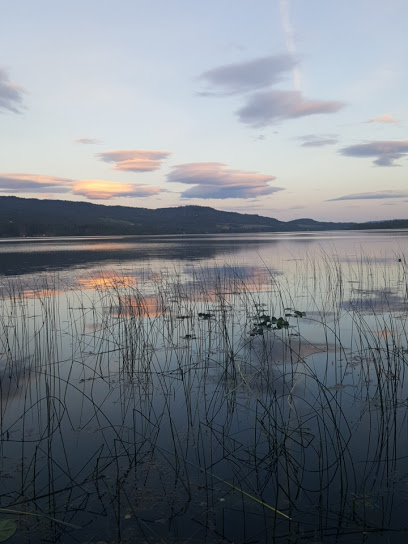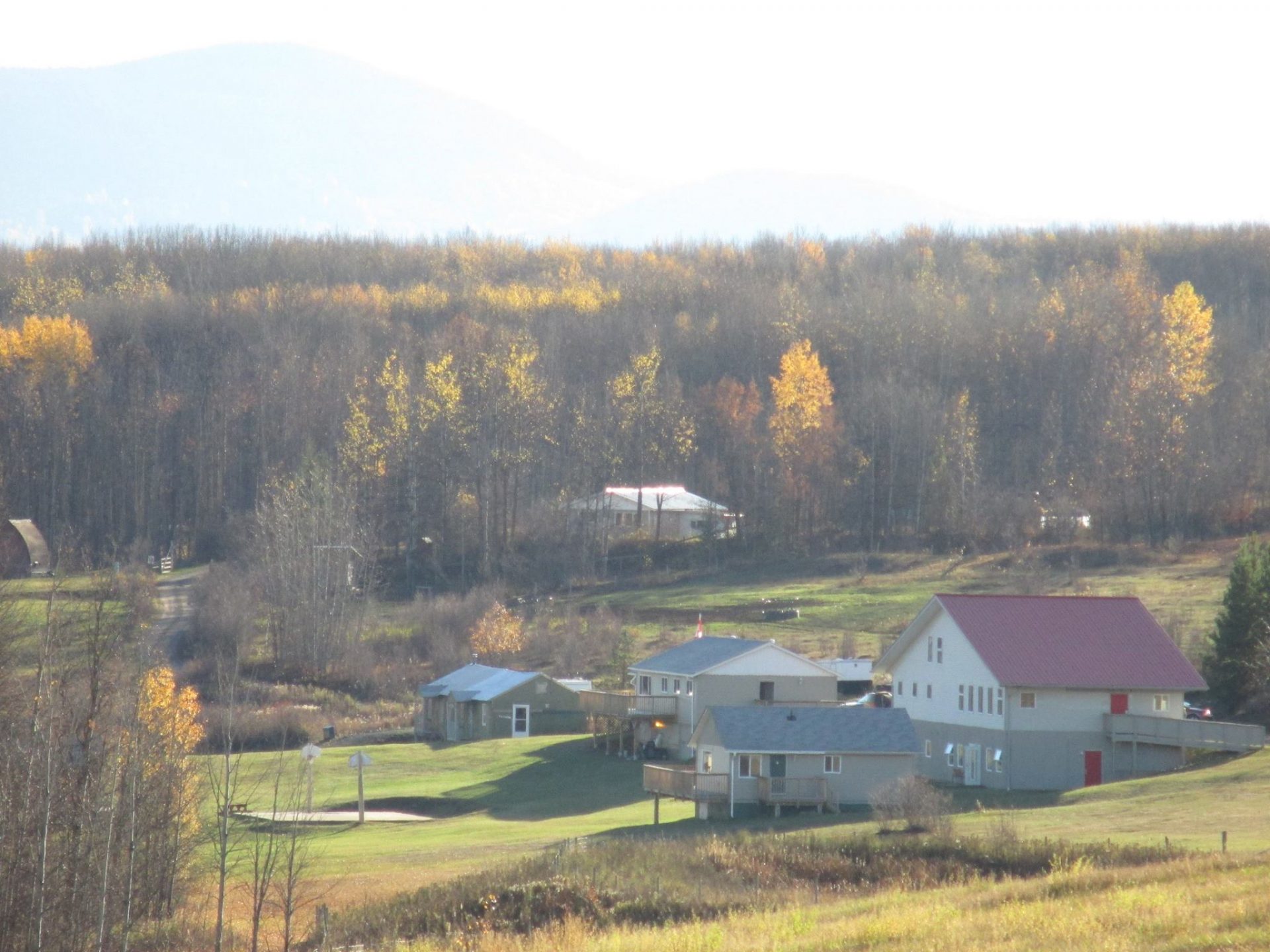

A brief history
Camp Caledonia was a gift of the first Anglican minister in Smithers BC, Rev. Henry Grasett Kingstone. Rev. Kingstone volunteered fromToronto to serve in the newly created township in 1913 and although he stayed for just two years the place remained dear to his heart. When he died he bequeathed a sum of money to the Diocese, expressing the wish that it be used to benefit youth ministry. It fell upon Archdeacon Arthur Hinchliffe, minister in Smithers at the time (1957), to realize that wish by purchasing a large piece of property on Tyhee Lake and establishing a Diocesan Camp there. It was a visionary move by Archdeacon Hinchliffe and one that taxed all his powers of persuasion. The Diocesan Executive at the time was not easily convinced and could not see “any sense” in establishing a diocesan camp there. Later he was to receive a citation of appreciation from the diocese for his outstanding work in establishing the camp. Camp Caledonia has since served as a spiritual, multicultural and socially diverse meeting place for the diocese and the wider community for half a century.
A main feature, during these 50 years of operation, has been a month of thriving summer camps for children and youth. Young people from all parts of the diocese, including First Nations, the privileged and the underprivileged, gathered at this beautiful setting for various outdoor activities, such as games, water sports, nature walks, campfire sing-songs and other group activities that support positive behaviours, spiritual development, team-building, community involvement and respect for the environment. For many children it was their first time away from home and their first opportunity to experience personal growth while in a supportive, understanding and safe atmosphere. Innumerable lives have been touched here, and faith strengthened in powerful ways.
The first camp was held in 1958 with campers “housed” on wooden floors covered with forestry tents. Four old buildings on the property were also put to use. The old farmhouse served as sleeping quarters for the female staff, while the men had to use the barn. Sadly, the farmhouse burnt down in 1972 as the result of a grass fire.
At some time during the 1960s a construction dining camp used during the building of the Alcan smelter was brought out in sections from Kitimat to serve as a cookhouse. Its wood stove was supposedly 20 feet long and had 5 ovens. The cook at the time was famously known for banging on the kitchen door to scare out all the mice before going in to start the fire for breakfast! A beautiful antique zinc-lined oak fridge used at the time was a donation from Burns Lake Hospital.
Plumbing was minimal: a hot water tank and two tubs for washing dishes and an outside wash house with cold running water for the campers’ ablutions. Outhouses served as toilets and a “biffy boy” took care of them as well as keeping the wood supply stocked up for the cook. Drinking water came from a 40 gallon vat with a tap at the bottom. A teaspoon of bleach was added at each filling.
From these humble beginnings camp has grown to what it is today. The four cabins, “Matthew”, “Mark”, “Luke” and “John” were built in the late ’60s. A new staff house was added in the early 1970s; the result of a high school shop project, and a new modern cookhouse was build in 1998.
Apart from the annual diocesan camps, Camp Caledonia has also been an important meeting place for the diocese. Several retreats brought parishioners from other parishes in the Diocese together in fellowship and worship. Outdoor services, parish picnics and winter sports days have been held there, as well as other church celebrations, such as that honoring the one hundredth anniversary of Rev. Fred Stephenson’s very first service in the Bulkley Valley after completing his epic 630 mile dog sled trip along the Telegraph Trail from Atlin in 1906.
Camp Caledonia, with its close proximity to several communities in the area has been a meeting place for other groups too. It has hosted successful week-long guitar camps for many years, drawing people from across Canada and internationally. In addition, Camp has served for educational retreats and social events such as family reunions and wedding receptions.
read more about the Rev. Fred Stephenson